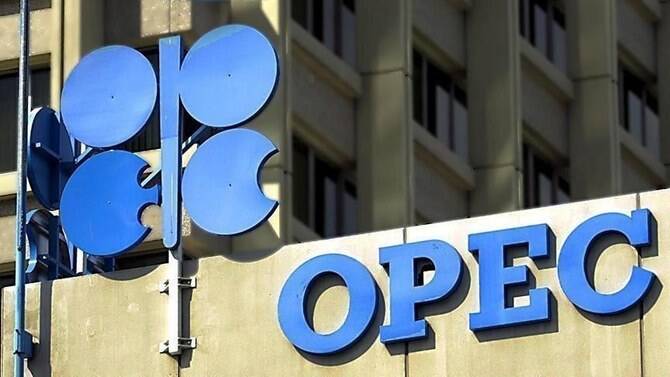WASHINGTON: Rising trade tensions and sweeping shifts in the global trading system will trigger downward revisions of the IMF’s economic forecasts but no global recession is expected, the lender’s managing director said on Thursday.
Kristalina Georgieva said countries’ economies were being tested by a reboot of the global trading system — sparked in recent months by US tariffs and retaliation by China and the EU — that had unleashed “off the charts” uncertainty in trade policy and extreme volatility in financial markets.
“Disruptions entail costs ... our new growth projections will include notable markdowns but not recession,” she said in prepared remarks, adding the outlook would also include higher inflation forecasts for some countries.
“To quote from the ‘Wizard of Oz,’ we’re not in Kansas anymore,” Georgieva told IMF staff and reporters at the IMF headquarters in Washington ahead of the spring meetings of the IMF and World Bank next week.
Elevated uncertainty also raised the risk of financial market stress, Georgieva said, noting that recent movements in US Treasury yield curves should be taken as a warning. “Everyone suffers if financial conditions worsen,” she said.
US President Donald Trump has upended the global trading system with a tsunami of new tariffs, including a 10 percent US duty on goods from all countries and higher rates for some, although those have been paused for 90 days to allow negotiations. China, the EU and other countries have announced retaliatory measures.
The IIMF in January forecast global growth of 3.3 percent in 2025 and 3.3 percent in 2026. It will release an updated World Economic Outlook on Tuesday.
Georgieva, speaking at IMF headquarters in Washington ahead of the spring meetings of the IMF and World Bank next week, gave no details about the expected revisions, but warned that prolonged uncertainty would be costly and said the consequences of the trade reboot would be “significant.”
Georgieva said trade tensions had been bubbling for some time, but were now boiling over, and urged countries to respond wisely to the “sudden and sweeping shifts” seen in tariffs, driving the US effective tariff rate to levels last seen several lifetimes ago and resulting in response by other countries.
“As the giants face off, smaller countries are caught in the cross currents,” Georgieva said. China, the EU and the US were the world’s three largest importers, which meant big spillovers for smaller countries that were more exposed to tighter financial conditions, she said.
Rising tariffs hit growth upfront, she said, noting that past evidence showed that higher tariff rates were paid by importers through lower profits and consumers through higher costs.
In big economies, they could also create incentives for new inward investment, creating new jobs, but this took time.
“Protectionism erodes productivity over the long run, especially in smaller economies,” she said, warning that moves to shield industry from competition also undercut entrepreneurship and hurt innovation.
Georgieva urge countries to continue economic and financial reforms while maintaining agile and credible monetary policy, as well as strong financial market regulation and supervision.
Emerging market economies should preserve their exchange rate flexibility, and donor countries should better protect aid flows to vulnerable low-income countries, she added.
Georgieva also called for cooperation in an increasingly multi-polar world, and urged the largest economies to reach a trade settlement that preserved openness and restarted a global trend toward lower tariff rates and reduced non-tariff barriers.
“We need a more resilient world economy, not a drift to division,” she said. “All countries, large and small alike, can and should play their part to strengthen the global economy in an era of more frequent and severe shocks.”


















